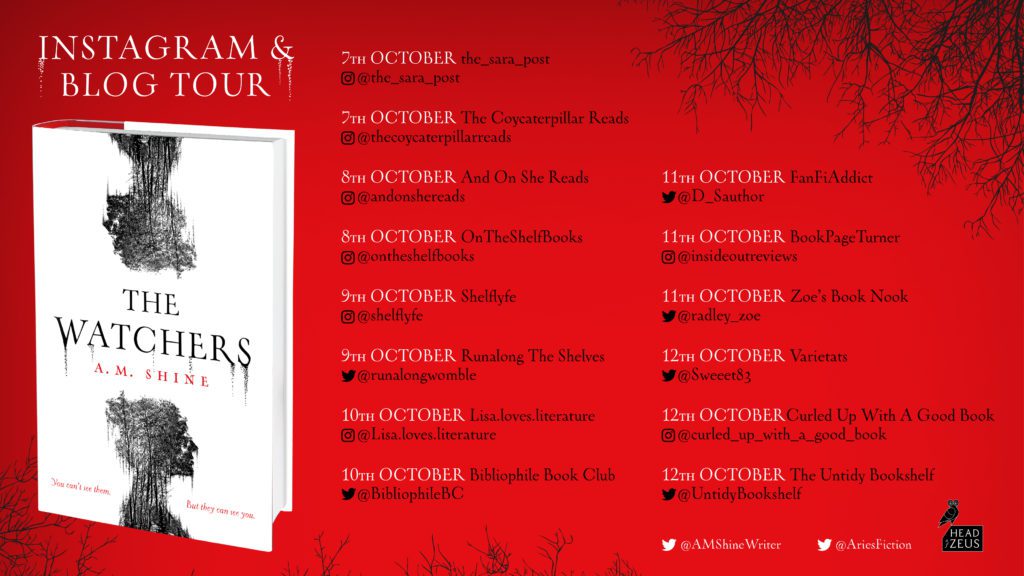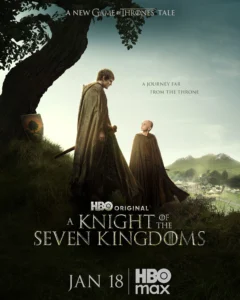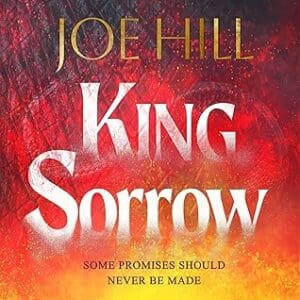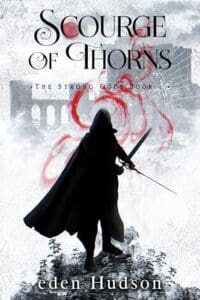
The horror genre has always been haunted by misconceptions. It is, I believe, that crimson jewel hidden amidst the cobwebs and the shadows, discovered by many but not by all.
In the realm of literature, it is an exceptionally potent word. Regardless of whether an author has written a ground-breaking coming-of-age novel or the greatest romance of the twenty-first century. If their story has a dead relation buried in the back garden that may or may not be trespassing in the protagonist’s nightmares, then horror becomes its everything – its defining trait in the eyes of the world, and it joins a genre that many readers overlook.
I’m fortunate that horror capitalized my interest at an early age, beginning with a borrowed copy of H.P Lovecraft’s Omnibus 3: The Haunter of the Dark. This collection – this masterpiece of cosmic terror – taught me that the gamut of horror is absolutely limitless, and that the author – sufficiently skilled – has license to create as they please, shunning those parameters common to other genres.
For those unacquainted, horror is oft condemned as something cheap and gaudy, inferior thematically and stylistically to other writings. This poor opinion, as proven by history, is by no means a modern invention. The author of our first Gothic novel in the eighteenth century opted for a pseudonym for fear the very work might be his ruin. It pleases me to say that it was not. Like any genre, horror has its classics – works that transcend time and typification – and yet still there are those who believe that Stephen King’s back catalogue is sufficient for any reputable bookshop. It’s no different from populating a fantasy section exclusively with Harry Potter. The truth is that today, horror enjoys immense popularity. And there is a wealth of fantastic writers and myriad active communities that praise and promote them, though this may not seem apparent on the surface.
But what about the readers who don’t get it, the fraidy-cats that won’t even give horror a chance and will thus never know what they’re missing?
Let’s begin with the obvious – there are readers who simply don’t like being scared. Why, they may argue, would any sane person choose to open such a book? Surely fear is a terrible emotion and one best avoided. Sadly, having never sat down with a good horror novel, these people safeguard the misguided belief that all the genre has to offer is a single trick – the scare.
The impact of movies in proliferating this aversion cannot be downplayed (features often made by those with no understanding or love of the genre, but that’s another gripe for another day). I can recall quite clearly that night as a child when I first watched Jaws. Not the scariest movie by any standard but it left me absolutely traumatised. This would have been understandable, of course, if I had lived on a houseboat. But I did not. Safe as I was in my bed on dry land, my fears and reasoning still couldn’t see eye-to-eye on the whole shark’s going to eat me debacle.
A child’s irrepressible curiosity will sit them down in front of a horror movie, leaving full-colour, widescreen scars on their innocence; sleepless nights, cheeks damp with tears – the whole dramatic fiasco. And then, years down the line, in their new guise as rational adults, memories of this experience will deter them from watching horror movies again. Their logical conclusion is a simple one – I don’t like horror. And this aversion will inevitably transfer to other forms of entertainment. That same person who didn’t enjoy being scared when they were ten will bypass the horror shelf when they’re twenty.
And then we have the other naysayers, those who look down on horror because they don’t find it especially scary, deeming its literature an ineffective waste of time, as they might a work of humorous fiction that failed to make them laugh. This haughty – “I’m too clever for horror” – attitude conveys a poor knowledge of the material and its traditions. How could an engaging, thought-provoking book possibly have monsters in it? Victor Frankenstein’s poetic creation and Count Dracula are, to them, gawdy Halloween costumes and not the titular characters of two timeless literary classics. Away from the page, movies are populated with casts of thirty-something actors playing teenagers, running, screaming, falling. Is it any wonder the genre is misunderstood?
People’s prejudices get the better of them sometimes. And it’s a shame that many readers will never enjoy horror books as I have done. But who am I to judge? If they aren’t willing to brave the cobwebs and the shadows, then maybe they just don’t deserve to find the jewel.




Leave a Reply